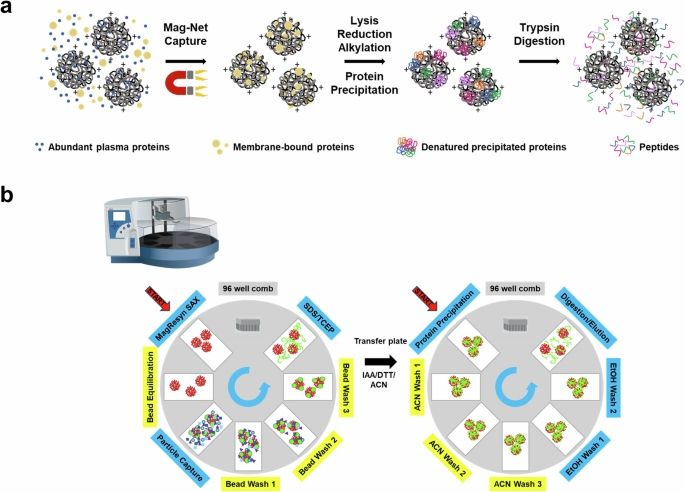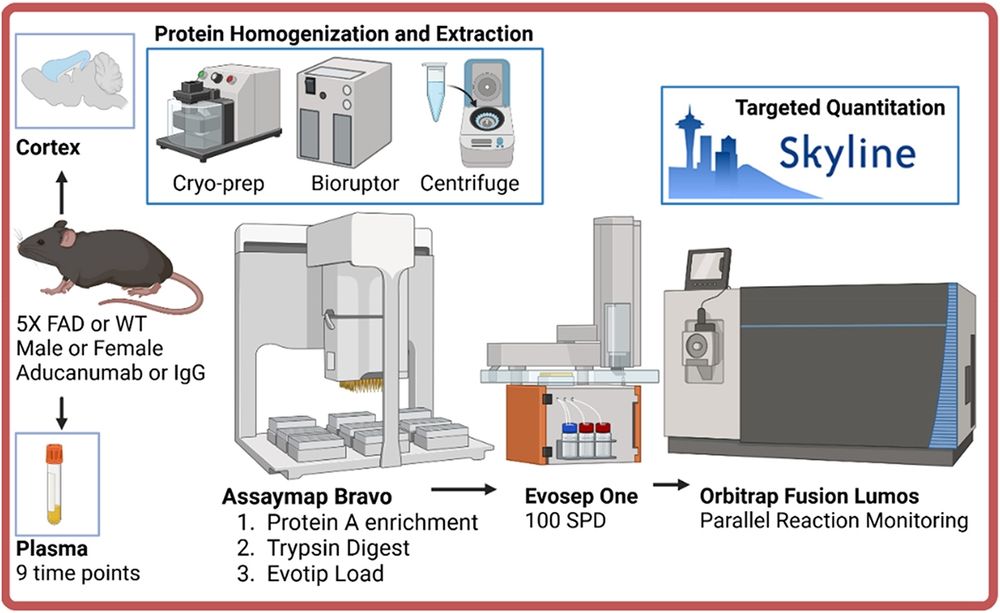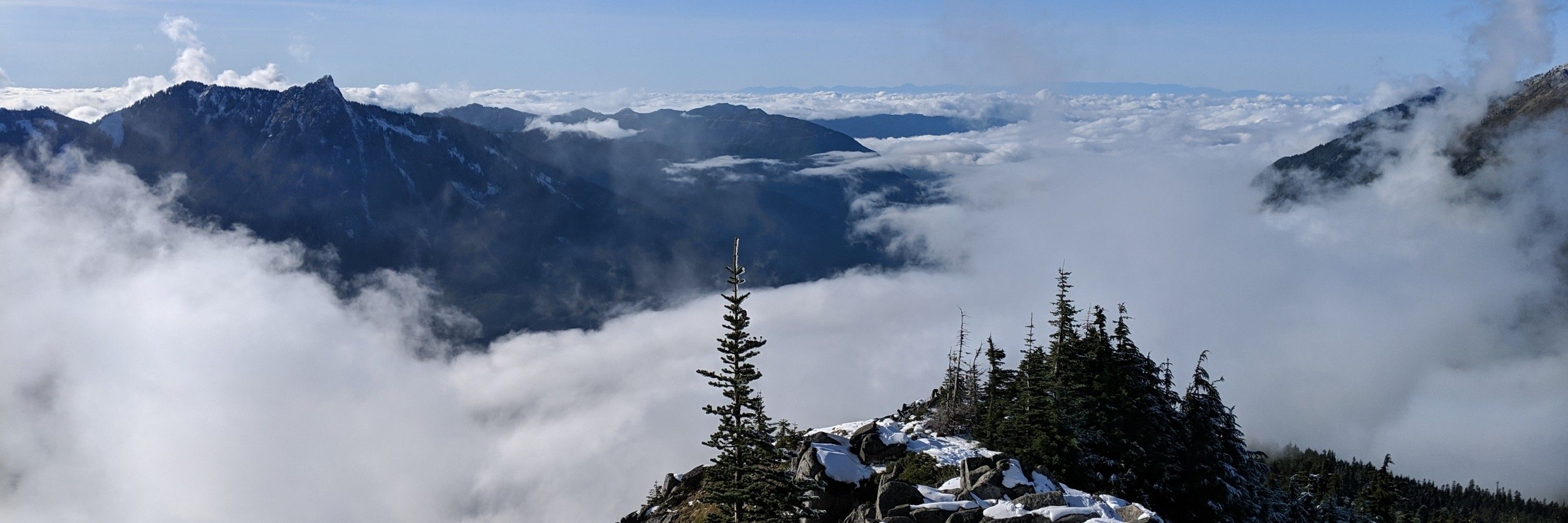Michael MacCoss
@maccoss.bsky.social
1.4K followers
740 following
330 posts
Professor of Genome Sciences University of Washington, Seattle. Interested in proteomics and mass spectrometry.
Posts
Media
Videos
Starter Packs
Pinned
Michael MacCoss
@maccoss.bsky.social
· Jul 1

Enrichment of extracellular vesicles using Mag-Net for the analysis of the plasma proteome - Nature Communications
Authors report MagNet, a plasma extracellular vesicle (EV) enrichment strategy using magnetic beads. Proteomic interrogation of this plasma EV fraction enables the detection of proteins that are beyon...
www.nature.com
Reposted by Michael MacCoss
Reposted by Michael MacCoss
Michael MacCoss
@maccoss.bsky.social
· Aug 27
Reposted by Michael MacCoss
Reposted by Michael MacCoss
Michael MacCoss
@maccoss.bsky.social
· Jul 31
Reposted by Michael MacCoss
Michael MacCoss
@maccoss.bsky.social
· Jul 30
Michael MacCoss
@maccoss.bsky.social
· Jul 29
Michael MacCoss
@maccoss.bsky.social
· Jul 29
Michael MacCoss
@maccoss.bsky.social
· Jul 29
Michael MacCoss
@maccoss.bsky.social
· Jul 29
Michael MacCoss
@maccoss.bsky.social
· Jul 29
Michael MacCoss
@maccoss.bsky.social
· Jul 28
Michael MacCoss
@maccoss.bsky.social
· Jul 28
Michael MacCoss
@maccoss.bsky.social
· Jul 28
Michael MacCoss
@maccoss.bsky.social
· Jul 28
Reposted by Michael MacCoss
Emma Doud
@fireinlab.bsky.social
· Jul 25

Analytical development and application of a targeted liquid chromatography-tandem mass spectrometry assay for chimeric aducanumab
A sensitive and specific liquid chromatography-tandem mass spectrometry assay was developed for the quantification of chimeric aducanumab (chAdu), a therapeutic antibody targeting pathological amyl...
www.tandfonline.com
Michael MacCoss
@maccoss.bsky.social
· Jul 25
Michael MacCoss
@maccoss.bsky.social
· Jul 11








